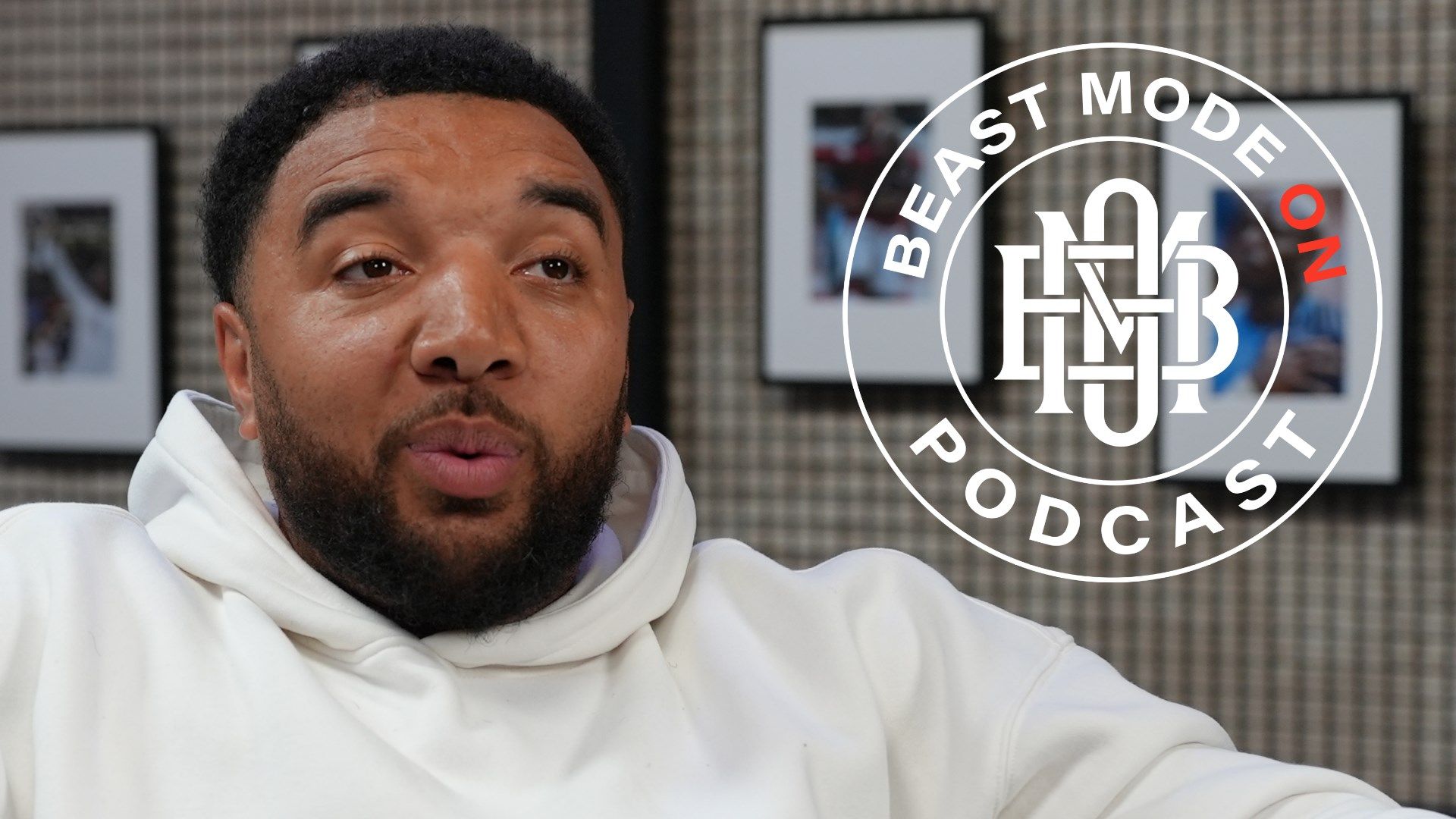Troy Deeney Podcast Reveals Childhood Attack Trauma
Troy Deeney podcast listeners hear the former Watford captain describe a night that reshaped his life, laying bare the terror of seeing his father turn violent and the courage of a family friend who stepped in before police riot vans arrived.
Troy Deeney podcast: from Premier League glory to painful memories
The inaugural episode of Adebayo Akinfenwa’s Beast Mode On show wastes no time diving deep. During the 75-minute chat, Deeney reflects on a career that produced more than 200 goals across League Two, League One, the Championship and the Premier League, yet the forward insists no footballing high will ever eclipse the importance of one life-altering evening when he was nine years old.
Deeney recalls lounging at home in Chelmsley Wood, Birmingham, when his father, suffering a drink-fuelled rage, attacked both him and his mother. “It felt like time stopped,” he tells Akinfenwa. “I knew if someone didn’t step in, he’d have killed us.” The “someone” was a close family friend who barged through the door, wrestled Deeney’s dad to the ground and bought valuable minutes until two riot vans and four squad cars arrived.
The night police floodlights lit the street
According to the Troy Deeney podcast account, neighbours alerted authorities after hearing screams. Within minutes, blue lights painted the cul-de-sac. Officers swarmed the house, separating father from son and documenting injuries. Deeney remembers clutching his mother’s hand while officers took statements. “I can still hear the police radio crackle,” he says, stressing that the vivid details never fade.
How the trauma shaped Deeney’s football drive
The primary focus keyword appears again because the Troy Deeney podcast underscores how adversity became fuel. Deeney explains that training sessions were more than drills; they were therapy. “I wasn’t just playing to escape poverty. I was playing to protect Mum. Every contract meant security.” Moments such as his famous 2013 play-off semi-final goal for Watford against Leicester, he says, were powered by memories of that chaotic night.
Rise through England’s divisions
Deeney started at Walsall, where he balanced shifts as a bricklayer with non-league fixtures. A £500,000 move to Watford followed in 2010. Over 11 seasons at Vicarage Road he became captain, hit double-figure goals in four straight Premier League campaigns and cemented cult-hero status. Yet while supporters celebrated his on-field aggression, few realised it stemmed from early trauma.
“People saw the chest bumps and thought I was arrogant,” he tells the Troy Deeney podcast audience. “In reality, I was terrified of being that vulnerable kid again. Football gave me armour.”
The role of friendship and community
Deeney repeatedly praises the unnamed friend who intervened. “Without him, I’m not here,” he says. The podcast urges listeners to appreciate community support networks, particularly in working-class estates where domestic violence can go unreported. Akinfenwa agrees, noting that dressing rooms often become surrogate families for young players battling turmoil at home.
Candid reflections on fatherhood
Becoming a father himself forced Deeney to confront generational trauma. On the Troy Deeney podcast he reveals attending therapy to break the cycle. “I never want my kids to feel frightened of me,” he states. Sessions taught him to channel frustration into conversation and gym work rather than confrontation.
Why speaking out matters
Both hosts highlight the stigma surrounding male vulnerability in football. Deeney believes recounting painful memories openly can encourage others to seek help. “If a bloke who’s lifted the Play-Off trophy can cry on a mic, so can you,” he says, addressing young men listening on Spotify and YouTube.
After retirement, a platform for change
Having hung up his boots in 2024 following a final stint with Birmingham City, Deeney now combines media duties with coaching badges. The Troy Deeney podcast interview reveals he plans to establish community programmes focusing on anger management and domestic abuse awareness. “Footballers sign shirts; I’d rather sign off on safe homes,” he quips.
Police perspective on domestic incidents
West Midlands Police statistics show a spike in domestic violence calls during weekends, aligning with Deeney’s memory that the assault occurred after a Saturday drinking session. Officers interviewed for the episode confirm that swift neighbour action often prevents tragedy, mirroring the quick response that saved Deeney’s family.
Legacy beyond goals
Though immortalised by that last-gasp strike versus Leicester, Deeney hopes his willingness to discuss hardship becomes the true highlight reel. The Troy Deeney podcast serves as his manifesto: a commitment to authenticity, accountability and community uplift.
Listener reaction and social buzz
Within hours of upload, the episode topped Apple’s Football charts. Fans praised the raw honesty: “Hearing Troy speak like that puts life into perspective,” wrote one YouTube commenter. Mental-health advocates shared clips across X (formerly Twitter), using hashtags #BreakTheCycle and #MenTalkToo.
Primary takeaway from the Troy Deeney podcast
Family sits above football. Deeney’s recollection of riot vans and a hero friend underlines how quickly lives can pivot from ordinary to perilous. His story urges vigilance, emphasising that intervention—whether by a neighbour, friend or passer-by—can be the difference between survival and tragedy.
Short opinion
Deeney’s testimony is more than a gripping anecdote; it is a rallying cry. Football heroics inspire, but confronting domestic violence saves lives. The game needs more voices like his—willing to trade spotless public images for messy truth.
Your global gateway to nonstop football coverage:
News Goal
Share this content:

